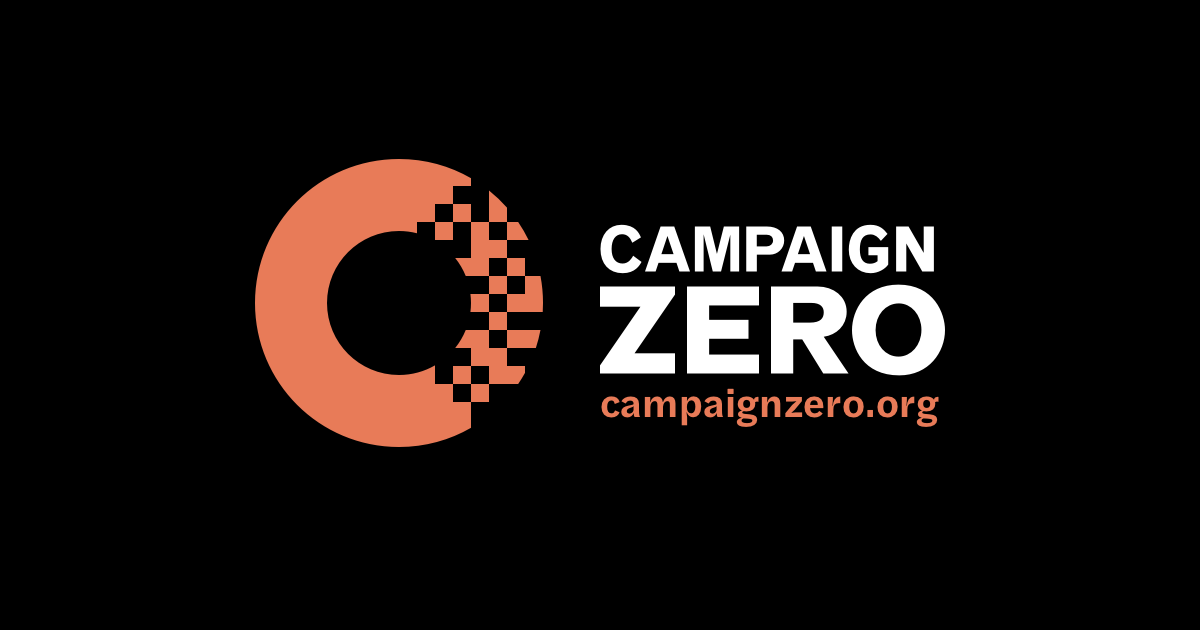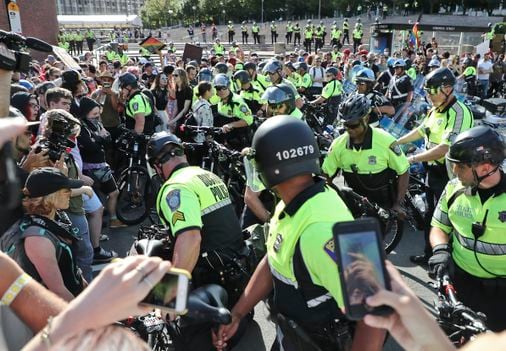- Joined
- Feb 10, 2008
- Messages
- 7,530
- Reaction score
- 6,688
Hi everyone,
I'm sure that you've all heard about the proposals going around for "defund the police" or "community policing," which to my understanding would involve shifting some of the traditional responsibilities of police to mental health workers. I am wondering how we all feel about that. Although I think that this is a very good idea in many ways, I am concerned about the implications it could have for our profession as I feel like we already expected to be a panacea for violent behavior. What do you guys think?
I'm also aware that most people seem to be mentioning social workers specifically, not psychologists, although I have seen therapists mentioned. So I'm not sure to what extent it would impact psychologists specifically.
(Btw, to limit the likelihood of this thread turning into a dumpster fire, please keep your thoughts focused as much as possible on how this would impact mental health workers and not thoughts on these proposals in general.)
I'm sure that you've all heard about the proposals going around for "defund the police" or "community policing," which to my understanding would involve shifting some of the traditional responsibilities of police to mental health workers. I am wondering how we all feel about that. Although I think that this is a very good idea in many ways, I am concerned about the implications it could have for our profession as I feel like we already expected to be a panacea for violent behavior. What do you guys think?
I'm also aware that most people seem to be mentioning social workers specifically, not psychologists, although I have seen therapists mentioned. So I'm not sure to what extent it would impact psychologists specifically.
(Btw, to limit the likelihood of this thread turning into a dumpster fire, please keep your thoughts focused as much as possible on how this would impact mental health workers and not thoughts on these proposals in general.)



